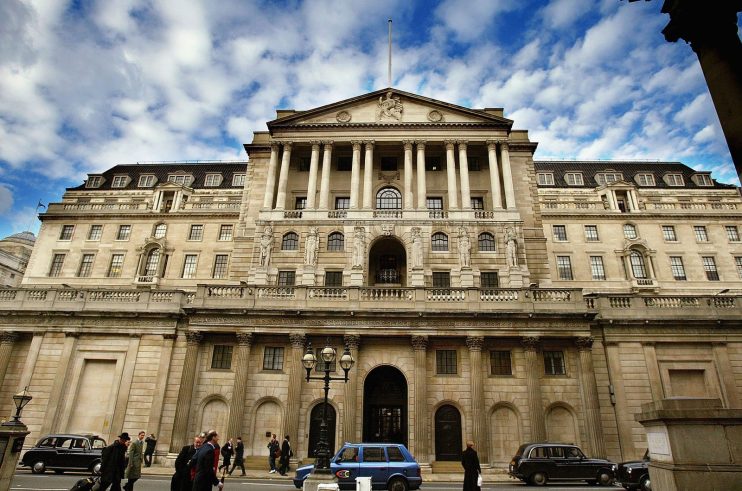Investors should stop listening to Bank of England’s rate guidance, deputy governor says

Investors should stop listening to the Bank of England’s guidance on the path of interest rates, a member of the central bank’s rate setting committee said today.
Ben Broadbent, a deputy governor on the Bank’s Monetary Policy Committee, sent a signal to investors urging them to stop taking their signals so seriously.
Central banks issue statements at rate setting meetings that include hints at the future path of monetary policy, known as forward guidance.
These statements are closely analysed by markets for clues on where interest rates and quantitative easing may be headed.
“My impression has been that, even when central banks attempt to engage in more standard, conditional statements about future policy, they can be sometimes mistaken for firmer commitments than they really are,” Broadbent said.
“The potential cost is that forward interest rates, and monetary conditions more generally, become over-dependent on central bank communication and insufficiently sensitive to economic news,” he added.
The Bank of England controls movements in interest rates in the UK after it gained independence in the late 1990s.
Broadbent called on traders to exercise greater independence when making judgement calls on the trajectory of monetary policy.
“If you believe that the monetary authority will always tell you in advance what it’s going to do you may feel less inclined to anticipate and price such a response yourself,” he said.
Threadneedle Street has been accused of failing to shape market expectations effectively to achieve policy aims.
In the run up to the November rate setting meeting, governor Andrew Bailey sent strong signals to markets that a rate rise was likely.
“We at the Bank of England have signalled, and this is another such signal, that we will have to act. But of course, that action comes in our monetary policy meetings,” he said.
The Bank left rates unchanged at the November meeting.
It has since hiked them at the last three meetings.